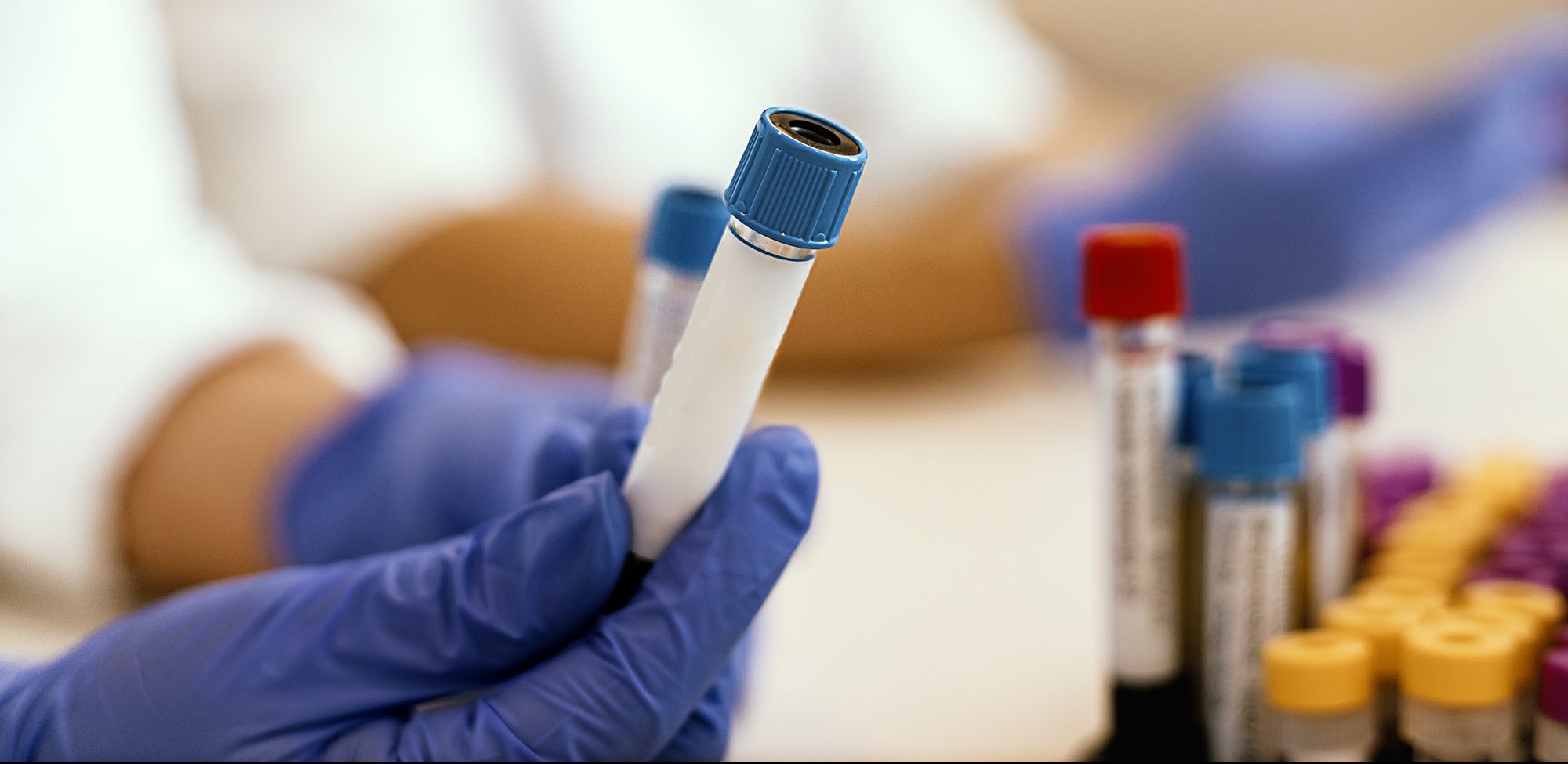
Being deferred means that you are not able to donate blood at that time. The length of time you must wait to try again depends on the reason.
Blood donation centers follow the criteria set by the Food and Drug Administration and the AABB when screening potential donors. If you are temporarily deferred, you can return to the blood center and be evaluated again at a later date. See Why were you deferred? below
In contrast, permanent deferral means that you are not eligible to give blood at any time based on the current regulations. According to the American Red Cross, some permanently deferred individuals are:
Please check with your blood donation center for details and up-to-date information.
 Seek your doctor’s medical advice. Eat foods with iron (leafy greens, meat) and vitamin C several weeks before donation.
Seek your doctor’s medical advice. Eat foods with iron (leafy greens, meat) and vitamin C several weeks before donation. Seek your doctor’s medical advice. Get your diabetes under control, then you can donate.
Seek your doctor’s medical advice. Get your diabetes under control, then you can donate.
 Seek your doctor’s medical advice. Get your blood pressure under control, then you can donate.
Seek your doctor’s medical advice. Get your blood pressure under control, then you can donate.
 Seek your doctor’s medical advice. Wait six weeks after you have had your baby.
Seek your doctor’s medical advice. Wait six weeks after you have had your baby.
 Wait until 12 months after your procedure in most states. Check with your local blood center.
Wait until 12 months after your procedure in most states. Check with your local blood center.
 Wait until 12 months after your return.
Wait until 12 months after your return.
 Get a parents’ permission if you are over 16, but under 18.
Get a parents’ permission if you are over 16, but under 18.
 Take care of yourself and come back when you’re well.
Take care of yourself and come back when you’re well.
Georgia Health Policy Center
Andrew Young School of Policy Studies
Georgia State University
55 Park Place, 8th Floor
Atlanta, Georgia 30303
Email: BloodDisorders@gsu.edu
Find out more about sickle cell disease and thalassemia. Find a place near you to give blood or organize a drive.
Connect with the sickle cell and thalassemia communities: